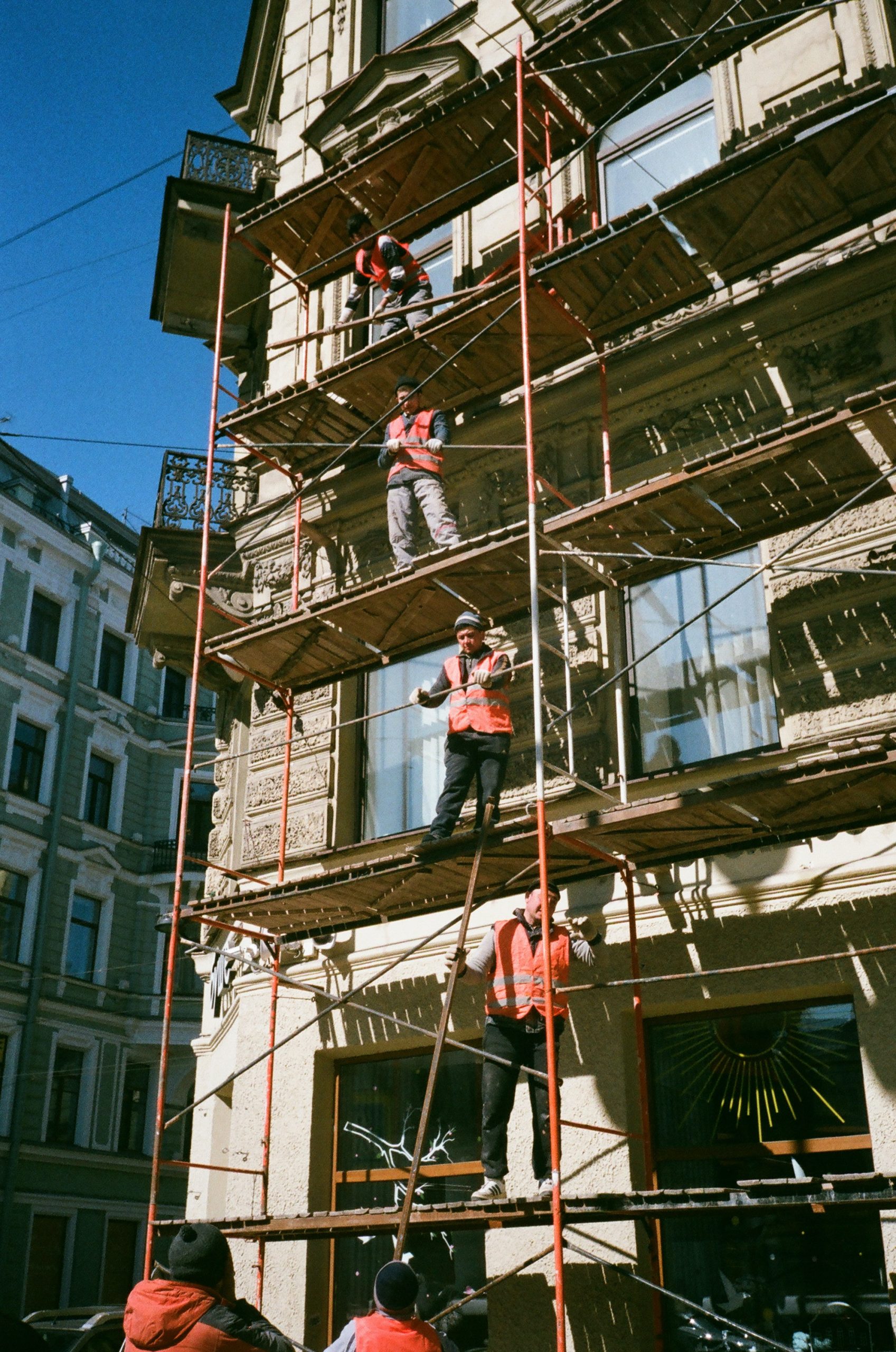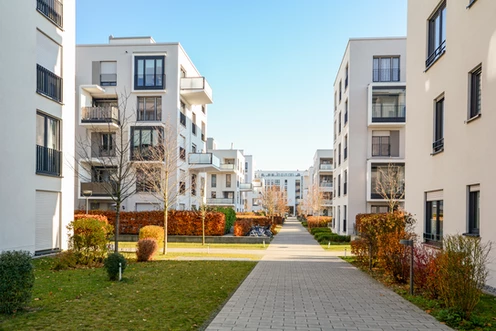- Austin has long been trying to rewrite its building code to promote higher density living. It thought it had finally passed an updated version in early 2020.
- Local homeowners then sued the City for allegedly violating Texas law on code change procedures. The district court agreed with them.
- Austin still has a desperate need for increased density and more housing. With the Code rewrite stalled, it needs to look to alternative methods for increasing density.
I want to give you a little peak behind the writing curtain this week before we get started. While these weekly blog entries are not particularly long, they do take a time commitment to write. But often, the writing isn’t even the hardest part. Some weeks I struggle to come up with an interesting topic to write about.
And then there are some weeks like this week. And someone just happens to hand you a blog topic on a silver platter. This week that person is the Mayor of Austin – Steve Adler. In an Austin Business Journal article this week, Adler lamented the state of Austin housing and how we desperately need a Code rewrite. Putting aside the fact that he and the City Council have been trying to get the Code rewritten for 10 years or so now – this is something on which we agree. Austin desperately needs to rewrite its building code to promote more density.
So in this week’s entry we are going to look at what’s stalling the code rewrite and where we can go from here.
The Foibles of the Code
Any Austinites reading this entry will surely know the story already but, as mentioned above, the City Council has been trying to rewrite the Code for almost 10 years now. It started with CodeNext. This was an initiative by the Council to have years of public hearings before attempting to make sweeping changes to the Code. The basic premise of it seemed sound – implement changes that will allow higher density housing, especially along important corridors.
CodeNext’s failure is a long story in itself but ultimately the project failed. After an attempt at editing the code (as opposed to a large scale overhaul), the Council unanimously voted to kill in in 2018.
Shortly thereafter, the Council asked City Manager Spencer Cronk to update the current Code with a proposed overhaul that would again promote higher density living. In early 2020, the City Council adopted Cronk’s proposal. And Austin was set with a new Code. Or so we thought.
Citizen Suit Against the Code
Because we are Austin, some single family homeowners did not like the new Code. They apparently did not want the zoning for them and their neighbors to be changed. As a result, they challenged the new code in Court on the grounds that the approval process did not follow state guidelines.
Specifically, the homeowners argued that Austin did not give proper notice of the changes to the Code. And, under Texas law, once property owners objected to the changes, approval required a 75% vote of the City Council. In response, the City argued that the law was only applicable to changes at a smaller level – a single house or a group of houses in a neighborhood. It did not apply to a complete overhaul of the City’s Code.
In March 2020, the local Austin District Court ruled in favor of the homeowners group stating that Austin did need to follow the entire change procedures. If this holding sticks, it appears to mean that for Austin to overhaul its Code, it would have to hold individual hearings for each change in each area it makes and get a 9 vote approval for each one. This makes it basically impossible.
Prior to the start of the pandemic, the City Council appealed the ruling. The appeals court has yet to rule on that appeal.
So What Now?
So what does Austin do now? In Mayor Adler’s ABJ interview, he again recognized Austin’s need for increased density and suggested that the Council use programs like the Downtown Density Bonus Program – in which the City Council allows developers to build higher story buildings to increase density in exchange for concessions to the Council.
This could – and should – be a good program. But too often the Council is holding developers hostage and trying to extract a king’s ransom that ultimately makes the development untenable to build. Or a local neighborhood group will protest the development because it is not a perfect solution to an imperfect problem.
So while the bonus program is helpful, it certainly can’t replace a complete overhaul of the building code. That is still desperately needed because we absolutely have to have more density.
While we wait for the Appellate Court to weigh in on the citizen lawsuit described above, hopefully the mayor or someone on City Council will come up with better ideas to allow for the increased density we so desperately need.



